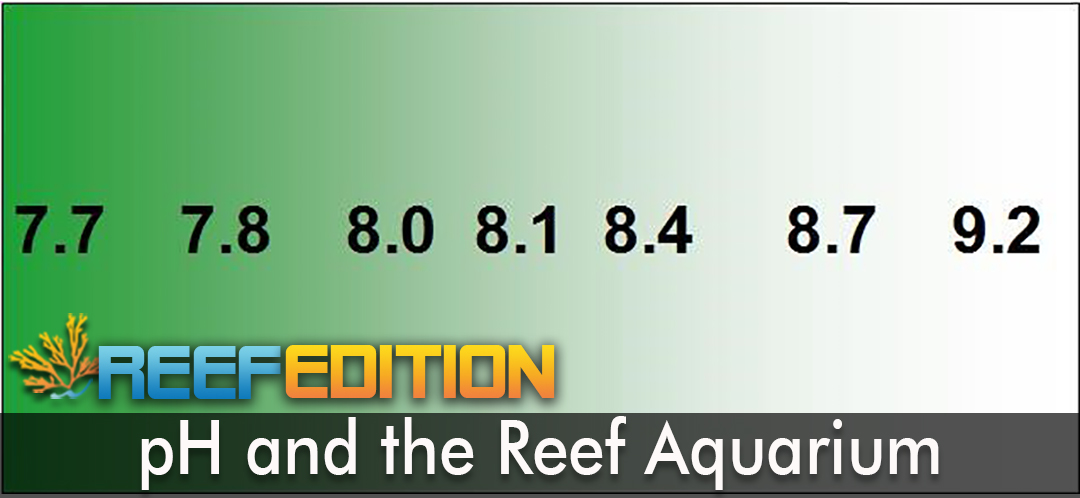I have read the posts about low pH but none of them describe my situation.
My daytime pH is around 8.0. Nighttime 7.7. I would like 8.3.
130 gal tank
- Alk: 9.5
- CA: 450
- Mag: 1350
- Kalkwasser ATO
- supplemental dose All-For-Reef
- Tank is in a room next to big doors which are always open to outside air. (I live in Los Angeles)
- 20% water change weekly
- 2 quality pH probes, calibrated up to date
I'm tempted to add a buffer but fear that my Alk might go through the roof.
Any suggestions welcome!
My daytime pH is around 8.0. Nighttime 7.7. I would like 8.3.
130 gal tank
- Alk: 9.5
- CA: 450
- Mag: 1350
- Kalkwasser ATO
- supplemental dose All-For-Reef
- Tank is in a room next to big doors which are always open to outside air. (I live in Los Angeles)
- 20% water change weekly
- 2 quality pH probes, calibrated up to date
I'm tempted to add a buffer but fear that my Alk might go through the roof.
Any suggestions welcome!
















